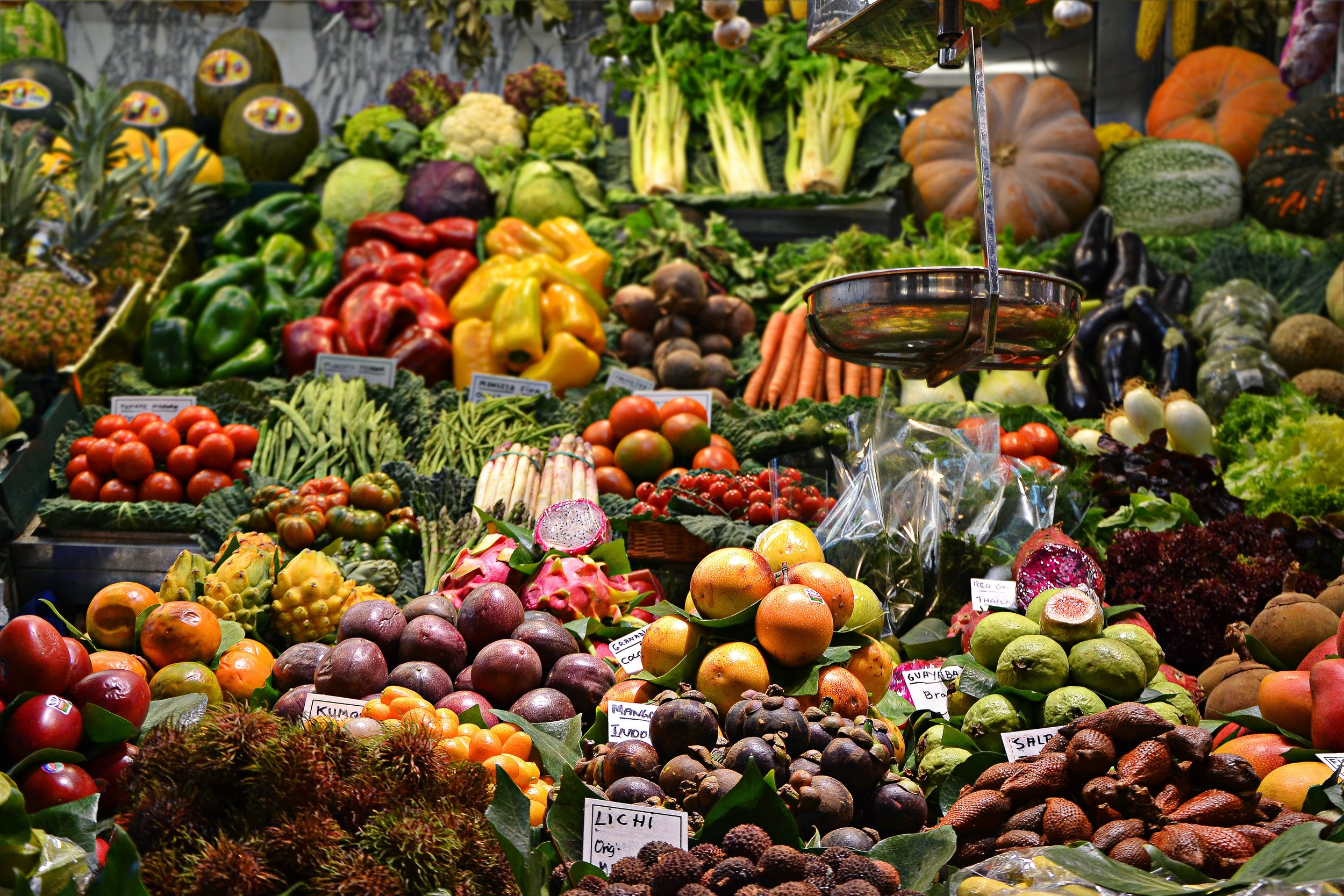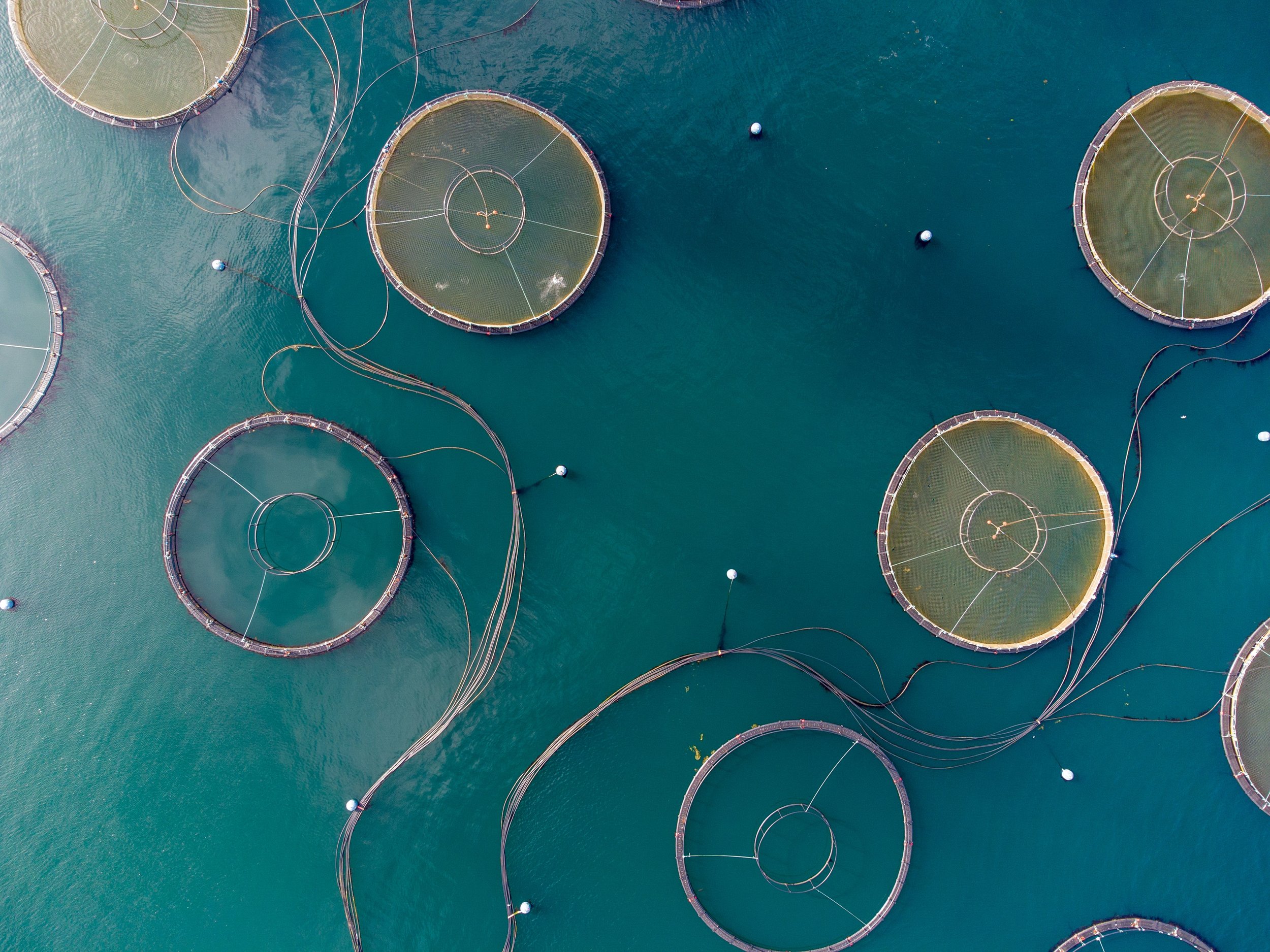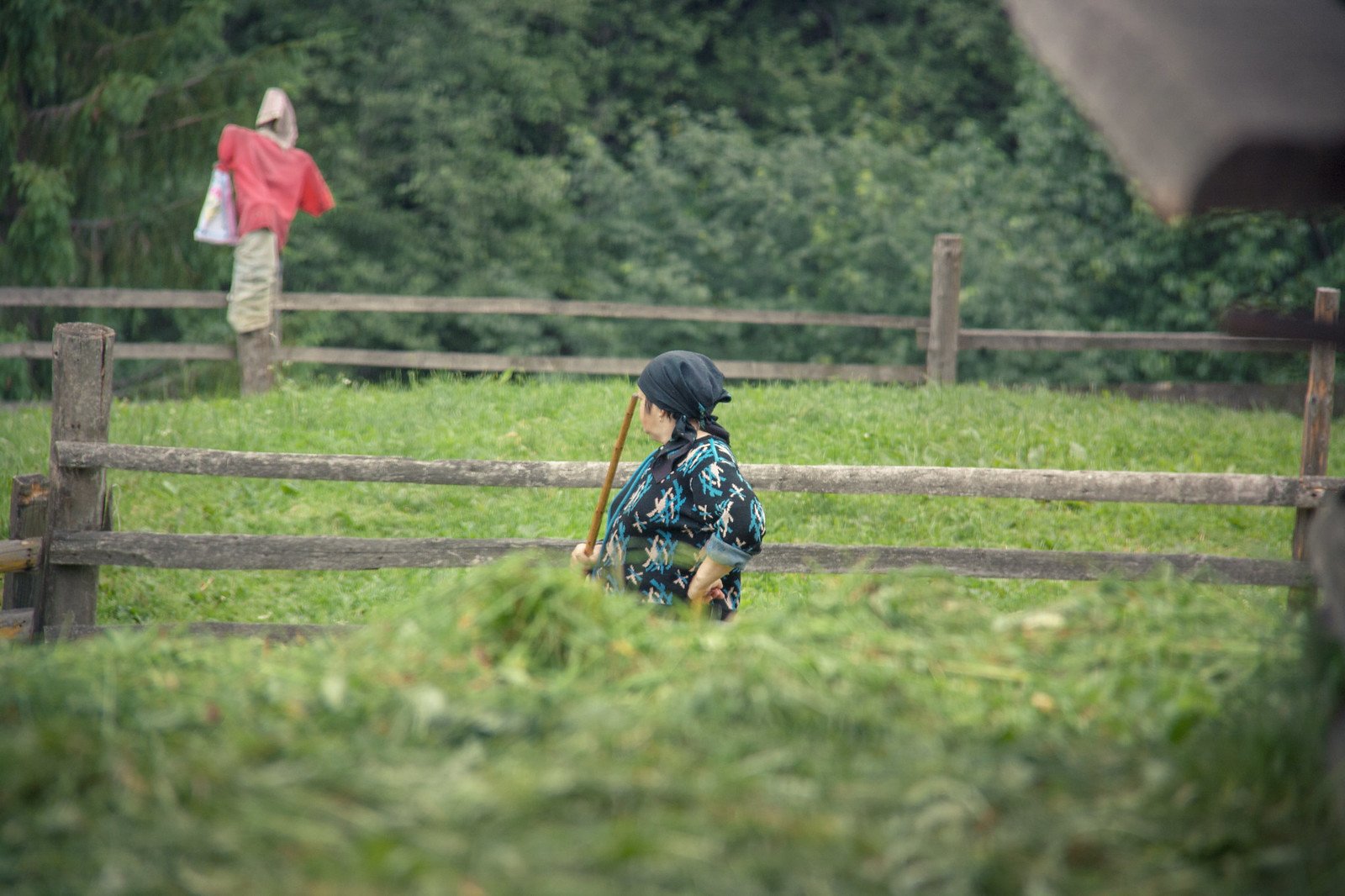
Highlights from 2022.
Featured expert opinions covering the Bridgetown Initiative, the G7 and G20 as well as CoP 27
-

Six lessons learned from a year of multiple crises
Experts examine the global policy implications of the Russia-Ukraine war regarding food, fuel, and fertilizer as well as the conflict’s global market disruptions and its particular impacts on African economies.
Six key lessons emerge that apply broadly to addressing the impacts of these overlapping crises going forward, building resilience in agrifood systems, and improving global food security in the face of future shocks.
-

Can donors disrupt the food system?
It is possible to eradicate hunger, malnutrition, poverty, and heavily polluting agricultural practices in Ethiopia, Malawi, and Nigeria by 2030.
A series of recent reports published by IFPRI and IISD that Carin Smaller, Francine Picard and Mali Eber Rose co-authored highlight that a food system transformation in these three countries can be achieved by increasing public investment by an average of USD 10 billion per year between 2023 and 2030, and by implementing more effective interventions.
-

Is market concentration killing salmons?
"Salmon deaths on fish farms in Scotland nearly doubled last year, official figures show, owing to growing levels of disease, parasites and jellyfish blooms”. About one in four salmon in sea cages are dying in Scotland.
Salmon production has been on the rise in the past decade, but the top 3 salmon producers – Norway, Chile and Scotland – are now seeing their industries at danger of collapse: the salmon population is dying at historical levels.
-

Our 6 highlights from 2022
The global food security crisis has undone 15 years of progress. Multiple other crises have made life so difficult for so many more people.
It is a reminder of why the Shamba Centre was founded - to break the cycle of crisis by transforming agriculture and food systems as a whole.
Read our 6 highlights from 2022 that give us hope for the future.
-

Food a climate priority at COP 27
Our thought leader, Sophia Murphy, went to the UN Climate Change Conference in Sharm el-Sheikh (COP27) in December 2022.
She shares with us how she feels about the outcomes at the conference and how the Shamba Centre can help move the food and climate agenda forward in the coming year.
-

COP 27 ups and downs: thankfully, food was on the agenda; alas, the climate was not!
Was there much to be thankful for at the close of the UN Climate Change Conference (COP27) in Sharm el-Sheikh? This was the first year that food systems received due attention, which was a good thing. And some encouraging initiatives and decisions came out of the two-week conference. But, critically, climate ambition was lacking.
-

Unpacking the Bridgetown Initiative
The Shamba Centre for Food & Climate unpacks the Bridgetown Initiative.
It is one of the boldest ideas to be tabled at CoP 27. Proposed by Barbados's Prime Minister Mia Mottley and Prof Avinash Persaud, it addresses the nexus between climate finance, loss and damage, climate mitigation, and climate justice.
-

Can the G7 be a force for good in the current global food security crisis?
The Group of Seven wealthy nations (G7), currently led by the German presidency, has put a welcome focus on the global food insecurity and nutrition crisis unleashed by the war in Ukraine, with the most severe impacts falling on vulnerable populations in low- and middle-income countries.
In this article, Shamba Centre Director Carin Smaller and David Laborde shine a light on whether the G7 can be a force for good in the global food security crisis.
-

The G20 must reinvigorate the Common Framework for Debt Treatments
The global food crisis is looming even larger, with the UN forecasting that 323 million people will become acutely food insecure in the coming months. And now, as the G20 Ministers meetings get underway in Indonesia, the IMF re-reminds us of another crisis waiting in the wings: that of sovereign debt.
-

Ministerial Conference "Uniting for Global Food Security"
Watch Carin Smaller open the international ministerial-level conference "Uniting for Global Food Security".
The conference brought together ministers and representatives from a diverse group of countries, including the G7, the UN Global Crisis Response Group Champions, key donor states, and the most vulnerable and affected countries, as well as leaders from international organisations such as the UN and from civil society.
-

Time to end the slow violence of chronic hunger
As the war in Ukraine continues, with its rapid escalation of violence, the global hunger crisis is becoming ever more severe.
The UN Food and Agriculture Organisation estimates there will be up to 13.1 million more chronically undernourished people in the next year due to the war, while the World Food Programme predicts that between 33-47 million people will face acute food insecurity. Lawrence Haddad, Maximo Torero and Carin Smaller reflect on what needs to be done this year to end hunger.










